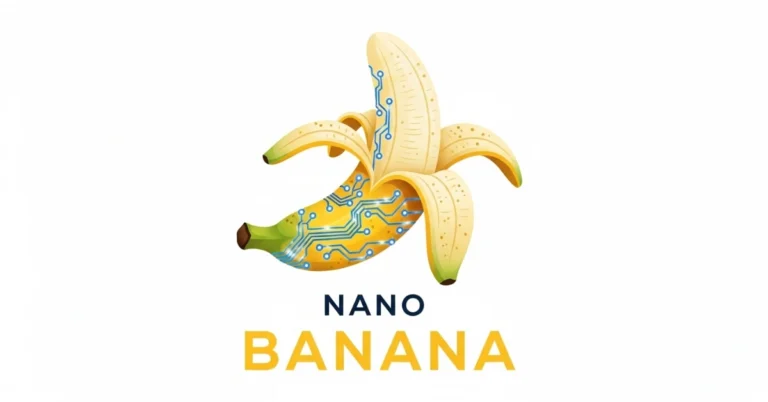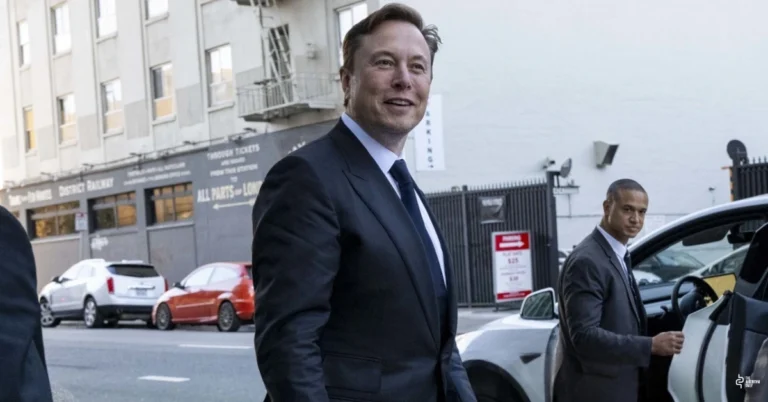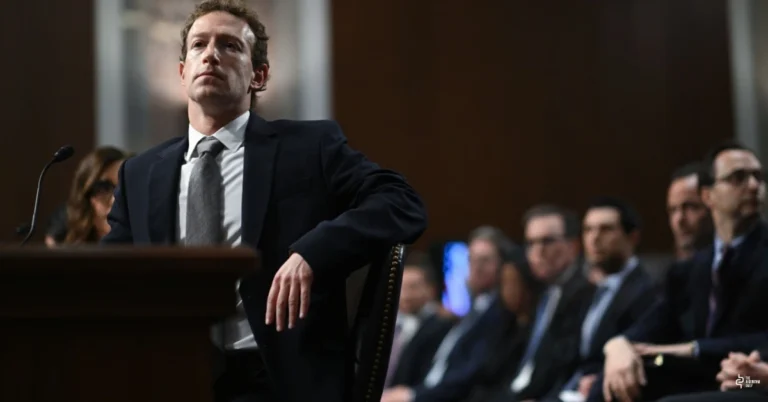Disney and Universal have taken Midjourney to court in Los Angeles, accusing the AI image tool of operating as a “bottomless pit of plagiarism.” The lawsuit alleges that Midjourney scraped studios’ copyrighted libraries and, without authorisation or compensation, used them to generate recognisable images of characters like Darth Vader, Elsa, the Minions, Shrek, and Spider-Man.
Disney’s chief legal officer, Horacio Gutierrez, emphasised that while AI innovation is welcomed, piracy remains unacceptable, regardless of the technology involved. Universal’s legal team echoed this sentiment, insisting the lawsuit is about safeguarding the artists and investments behind their beloved characters. Support from the Motion Picture Association reinforces the studios’ position that intellectual property protection is essential to maintaining creative industries in the age of AI.
Central to the studios’ argument is that Midjourney rebuffed requests to cease using the copyrighted material or to introduce safeguards. Despite these warnings, Midjourney continued to improve its image generation quality and is now facing demands for a preliminary injunction and unspecified damages. The lawsuit notes that the startup generated $300 million in revenue last year, charging subscriptions to millions of users for access to its infringing content.
Midjourney has not issued a formal public statement to the media since the lawsuit was filed. However, its CEO, David Holz, briefly addressed the matter during a weekly user call. While he refrained from commenting on the legal specifics, saying he “can’t discuss ongoing legal things because the world isn’t cool like that,” he assured users that Midjourney “is going to be around for a very long time” and added that “everybody wants us to be around.”
This case marks the first time leading Hollywood studios have sued an AI company over training data and model outputs. Legal experts suggest Disney and Universal’s strong evidence, such as AI outputs closely matching copyrighted characters, might force courts to demand licensing or filtering systems, potentially reshaping the legal framework governing AI development.
Midjourney may rely on a fair use defence, arguing its creations are transformative, but those claims are weakened when outputs are near replicas. As this case proceeds, it could set a legal precedent, compelling AI companies to rethink how they train and generate content, and emphasising the balance between technological progress and respect for creators’ rights.




